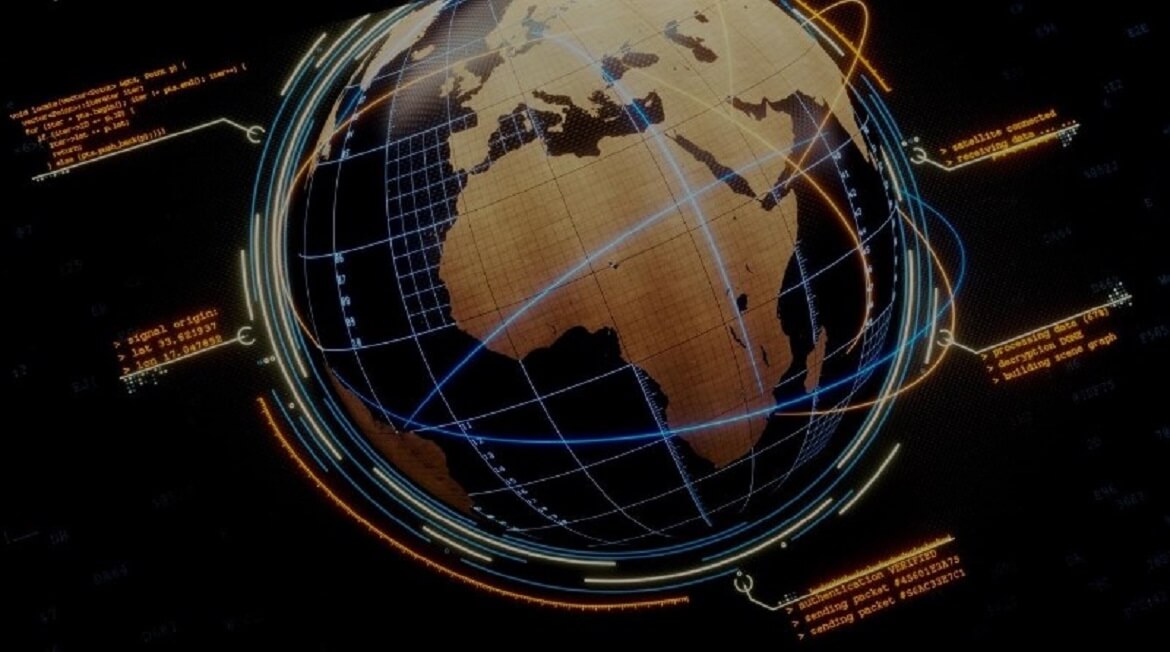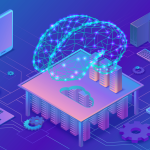Introduction
The rise of technology has completely transformed the global political landscape. Digital communication, artificial intelligence, and social media have redefined how leaders connect with citizens and how nations compete for influence.
Today’s world leaders depend on technology to shape narratives, manage economies, and negotiate power. The balance of political strength is increasingly determined not just by military or economic capacity but by digital capability and data control.
The Age of Cyber Politics
In modern diplomacy, cybersecurity has become as critical as national defense. Governments are investing heavily in digital infrastructure to protect sensitive data and maintain information sovereignty in a connected world.
Cyberattacks and misinformation campaigns have blurred the line between war and politics, turning cyberspace into a battlefield where influence can be gained without a single weapon fired.
The Role of Social Media in Political Campaigns
Social media has evolved from a communication tool into a political force. Politicians use platforms like X, Instagram, and TikTok to engage voters, promote agendas, and shape public perception.
However, this digital connection comes at a cost. Algorithms often prioritize sensational content, polarizing societies and spreading misinformation faster than ever before, leaving truth and accountability vulnerable.
Artificial Intelligence and Policy Decision-Making
AI is playing a growing role in governance and decision-making. Governments employ machine learning systems to analyze public sentiment, predict policy outcomes, and even design data-driven strategies for social welfare.
While this promises efficiency and foresight, it also introduces concerns about transparency, data privacy, and algorithmic bias. The challenge lies in ensuring that AI supports democracy rather than undermines it.
Celebrities and Political Influence in the Digital Age
Celebrities are increasingly using their platforms to shape political discourse, blending entertainment and activism. Figures like Taylor Swift, Leonardo DiCaprio, and Priyanka Chopra use their influence to advocate for issues ranging from climate change to voter awareness.
This merging of celebrity culture and politics reflects the digital era’s hunger for personality-driven narratives. When fame and politics intersect online, they amplify messages that can drive social movements or spark controversy globally.
Global Tech Giants as Political Players
Major technology companies like Google, Meta, and Amazon now wield political influence rivaling that of entire nations. Their platforms control information flow, impact economies, and even sway elections through data management and algorithmic curation.
These corporations have become unofficial global actors, shaping foreign policy discussions, privacy standards, and digital ethics, often without democratic accountability or oversight.
The Ethics of Digital Governance
As governments adopt AI and digital tools, ethical considerations become increasingly urgent. Decisions driven by algorithms can lack empathy and human context, creating policies that benefit efficiency over equality.
To maintain fairness, policymakers must establish frameworks that ensure technology serves humanity, preserving democratic values in an age dominated by automation and artificial intelligence.
FAQs
What is cyber politics?
Cyber politics refers to how digital technology, cybersecurity, and online influence impact global political relations and governance.
How has social media changed elections?
Social media allows direct communication with voters but also enables misinformation, polarization, and manipulation of public opinion.
Can AI improve political decision-making?
Yes, AI can analyze data and predict trends, but human oversight is essential to avoid bias and maintain ethical governance.
Why are celebrities getting involved in politics?
Celebrities use their visibility to raise awareness about global issues and influence public behavior, especially among younger audiences.
Are tech companies becoming political powers?
Yes, large tech corporations influence policy, privacy laws, and international relations through control of data and information networks.
Conclusion
Technology has rewritten the playbook of global politics, intertwining governance, communication, and digital innovation. The new centers of power are defined not only by military might but by who controls the data and algorithms driving society.
In this evolving landscape, political integrity must evolve alongside technology. Nations and leaders who prioritize ethical innovation will define the future of democracy and global stability in the digital era.







